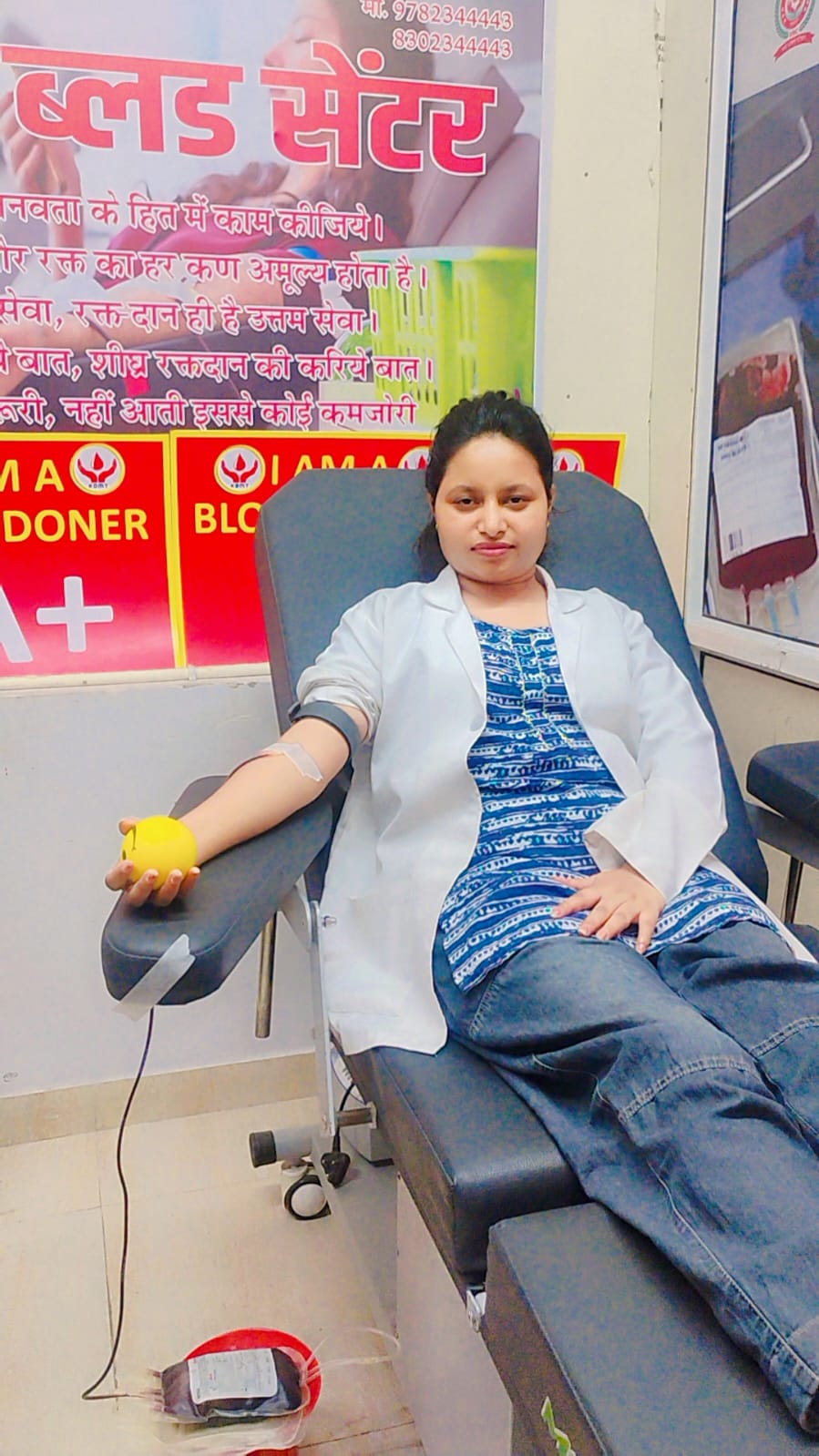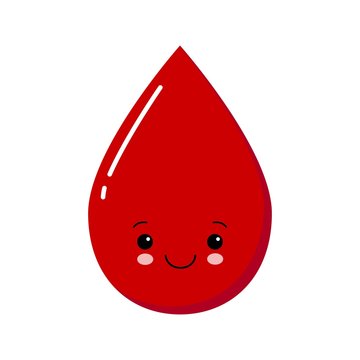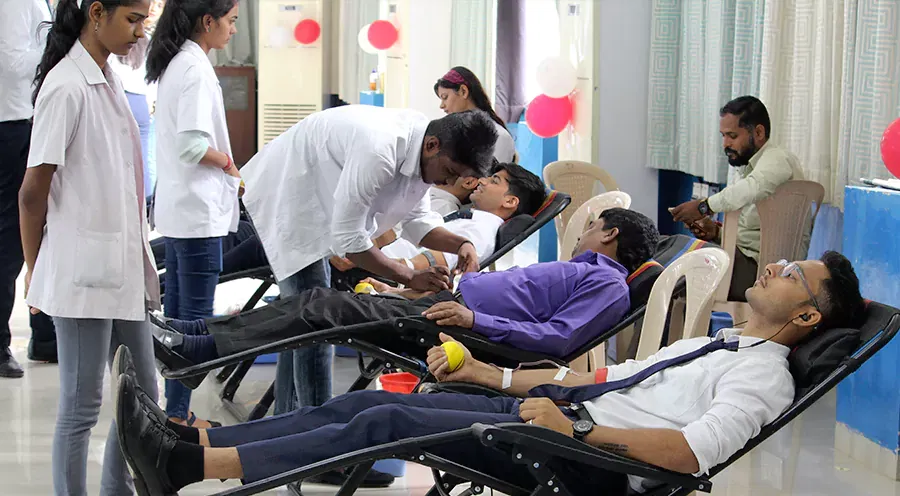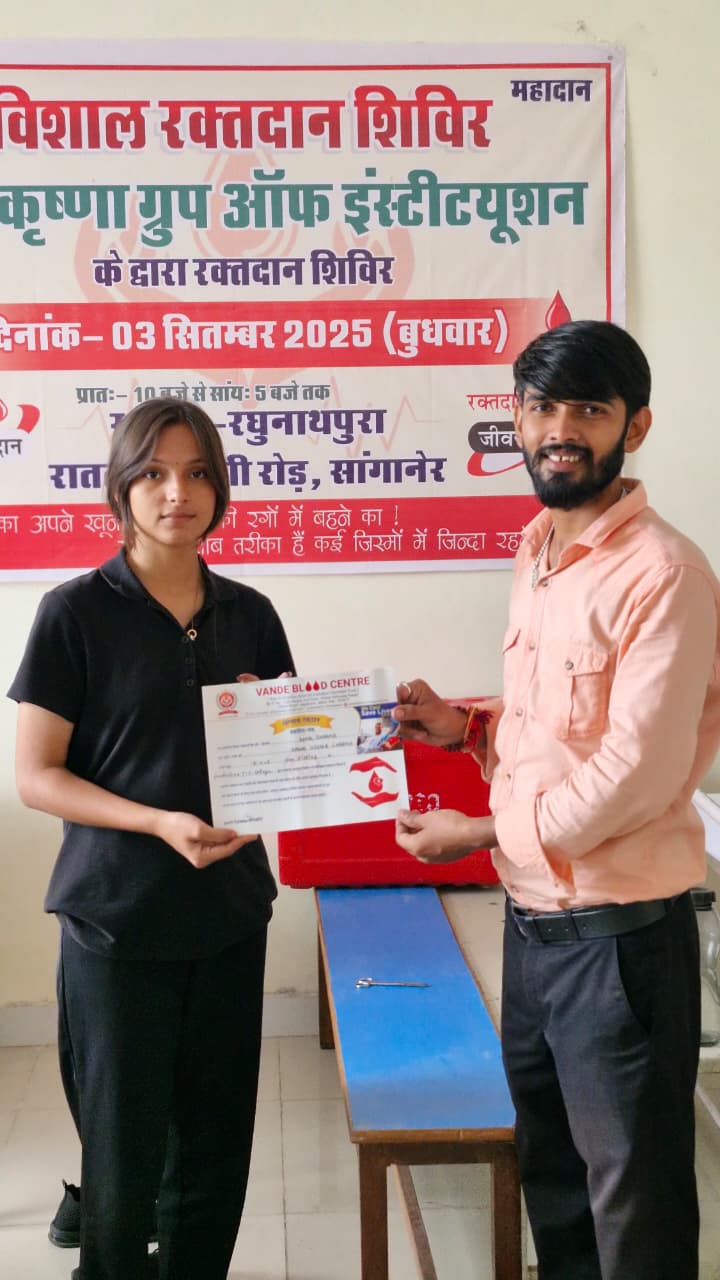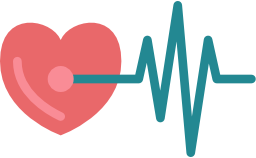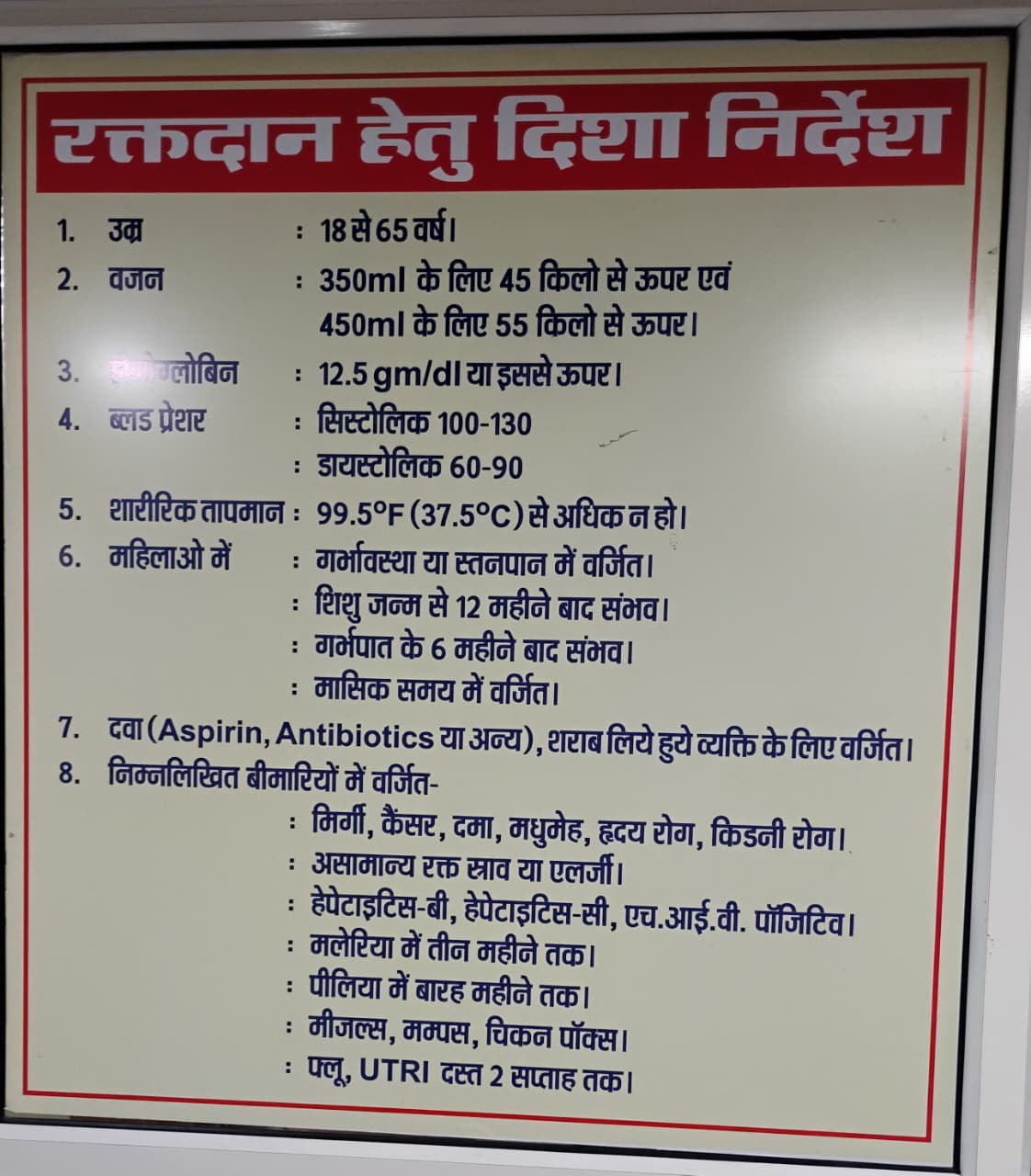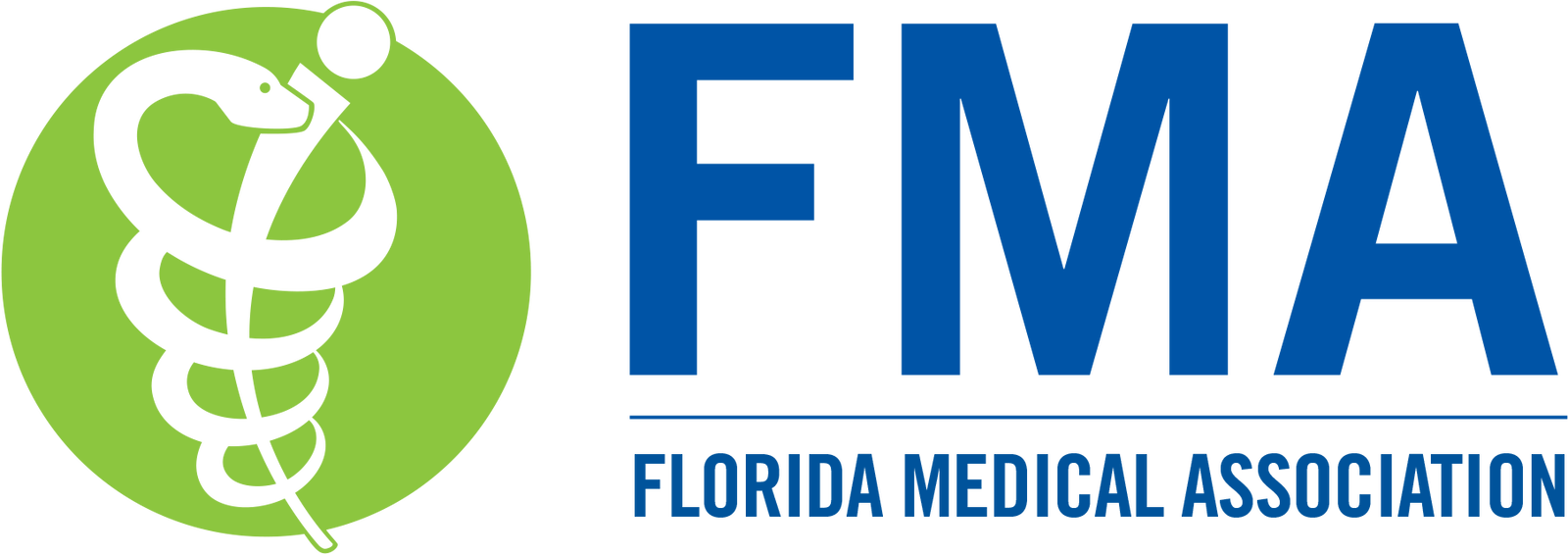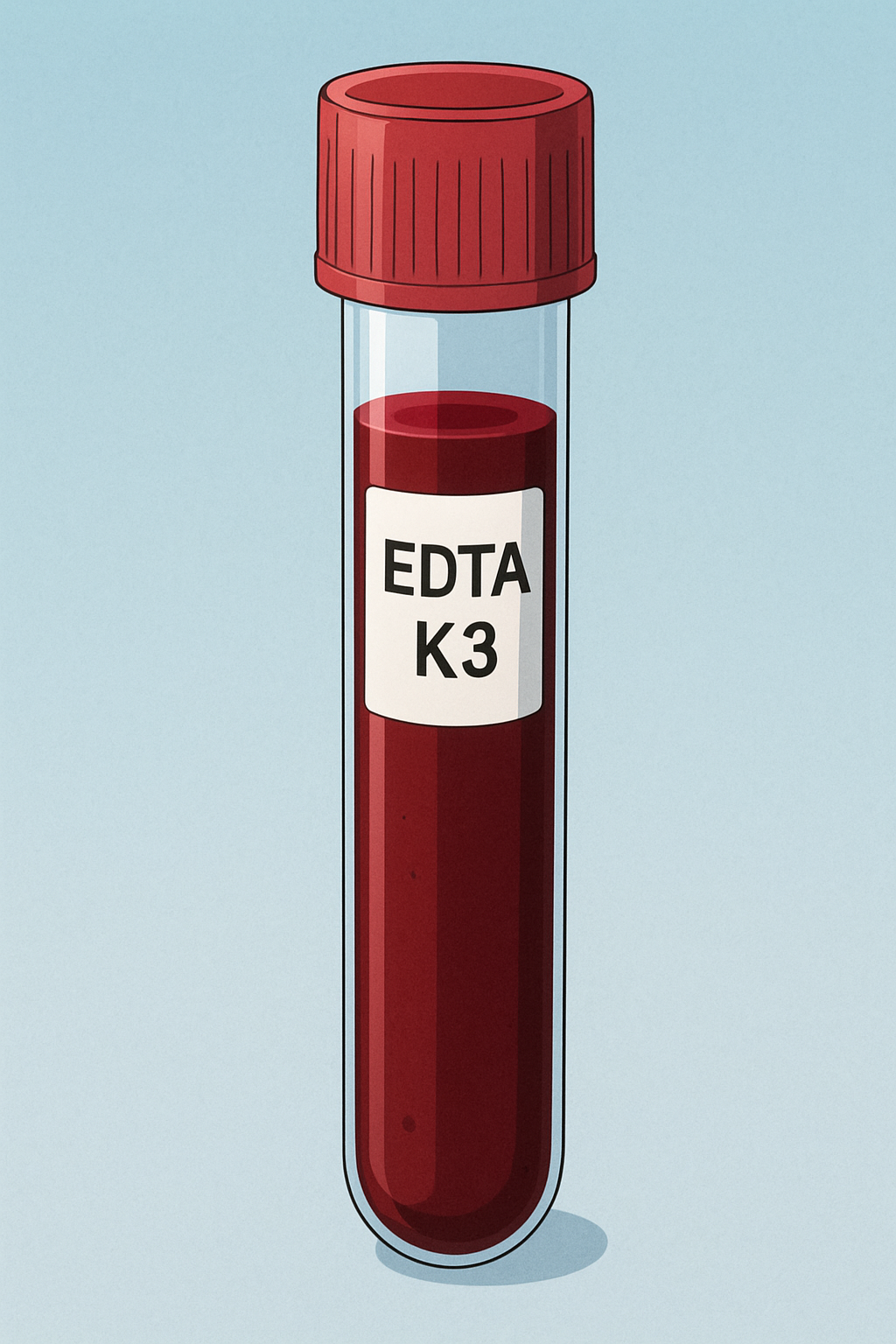Our Services
Why CHoose Us
Contact us
About blood Donation
Who Doate Blood Or Not
Who CAN donate blood (general eligibility):
Who CANNOT donate blood (reasons for deferral):
Important considerations for donors:
- Age: Individuals between the ages of 18 and 65 years.
- Weight: A minimum body weight, often 45 kg or 50 kg, is required.
- Health: Must be in good general health, physically fit, and mentally alert.
- Hemoglobin: A sufficient level of hemoglobin is necessary, with a test often performed before donation.
- Blood Pressure & Pulse: Must meet specific ranges (e.g., 100-140 mm Hg systolic) and have a regular pulse of 60-100 bpm.
Who CANNOT donate blood (reasons for deferral):
- Illness: Feeling unwell, having an unexplained fever, or a history of certain illnesses like unexplained fatigue or weight loss.
- Specific Conditions: Diabetes, heart disease, high blood pressure, cancer, or blood clotting problems.
- Pregnancy & Breastfeeding: Pregnant or breastfeeding women are not eligible.
- Infections: Recent infections, immunizations, or diseases transmitted by blood.
- Medications: Taking certain medications, such as antibiotics.
- High-Risk Behaviors: Engaging in behaviors that put the individual at an increased risk for transmitting infections.
- Recent Procedures: Such as tattoos or body piercings.
Important considerations for donors:
- Donor Safety: The criteria protect the health of the donor and the safety of the recipient.
- Confidentiality: Information gathered during the screening process is confidential.
- Consult a Staff Member: If unsure about eligibility, a blood bank staff member can provide guidance.
✖

